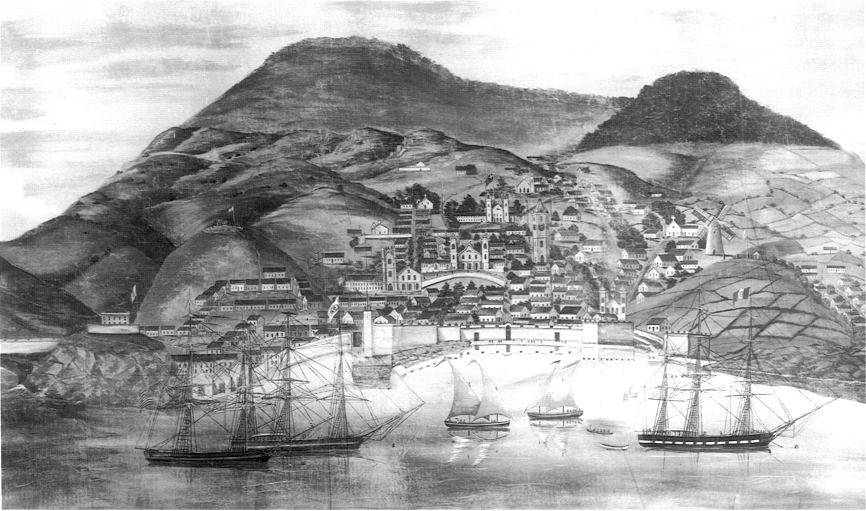
NEW BEDFORD, Mass. — A museum has restored the longest painting in North America so it can share the story of American whaling with the public.
The quarter-mile-long (0.4-kilometre-long) panorama toured the U.S. after it was completed in 1848. A section was featured at the 1964 New York World’s Fair.
But the panorama deteriorated after so much travelling on wagons and trains, rolling and unrolling. Paint dried up and flaked off, and the panorama was put into storage.
The New Bedford Whaling Museum enlisted the help of a textile conservator to fix the “Grand Panorama of a Whaling Voyage Round the World.” Now it’s searching for a large venue to display it, scouting locations in New Bedford but open to considering Providence, Rhode Island, or the Mystic Seaport in Connecticut.
Jordan Berson, who’s managing the project, said he hopes this record of American whaling can eventually return to some of the cities that were stops on the national tour, including Boston; Buffalo, New York; and St. Louis.
“It’s a national treasure that’s been out of the spotlight for too long,” he said.
Benjamin Russell and Caleb Purrington created the panorama to capture all aspects of a whaling voyage. The panorama would be mounted on a system of cranks and reels to go across a theatre stage as a narrator told stories of hunting whales and processing their carcasses. A poster for the Boston stop in 1849 advertises tickets for 25 cents.
The audience members would hear what it was like to round Cape Horn and visit Fiji and other far-flung destinations as they saw painted scenes of those locations. Most people hadn’t travelled to any of those places, and photography was in its infancy.
Many young men at that time were headed west in search of gold, which meant they weren’t joining whaling crews, said Michael Dyer, the museum’s curator of maritime history. The panorama may have been used as a recruiting tool, he said.
“It serves as a pictorial documentation of whaling in a way almost nothing else does,” he said.
The museum has spent $400,000 to conserve, digitize and store the panorama. The money was raised from individual donors, private foundations and government grants.
Berson spent a year spraying the panorama with an adhesive to stabilize a paint layer that had powdered over time. The conservator stitched sections that were taken apart, repaired thinning areas of the cotton muslin fabric and fixed holes and tears. Every section has been photographed and merged into a large digital image so it can be shown moving to replicate the original experience.
The restored artwork will be static when it’s displayed, meaning the museum needs to find a room that’s at least 16,000 square feet (1,486 square meters), Berson said.
The panorama is about 1,300 feet (400 metres) long and 8 feet (2.4 metres) tall. The museum’s chief curator, Christina Connett, said she’s confident it’s the longest painting in North America and she knows of no longer moving panorama in the world.
The last time the panorama was displayed in its entirety was in 1969, when it was unfurled in a former furniture store on an island off New Bedford, Dyer said.